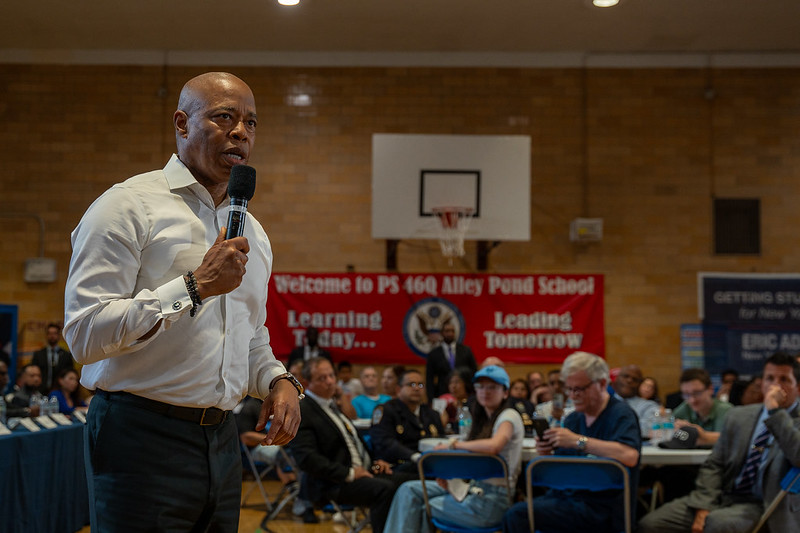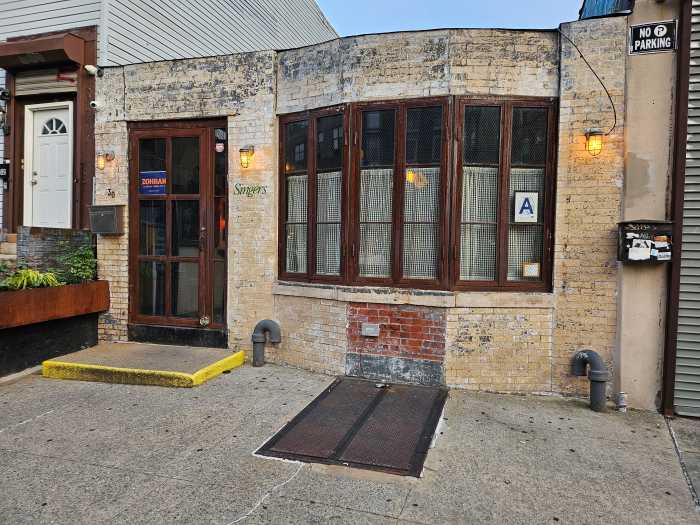By Leonard Quart
Ken Loach takes on the Irish troubles
The British director Ken Loach is an unabashedly, politically radical, social-realist filmmaker, committed to depicting working class lives.
He has always desired to move his audiences to see the nature of social inequity, with the political usually taking precedence over the personal. In Loach’s Marxist vision, the world divides roughly between those who hold economic and political power and those who are its victims, with the possibility for radical social change residing entirely within the working class.
His best and most moving films, like “Kes” (1969) and “Ladybird, Ladybird” (1994), have been his least tract-like, and are rooted in the struggles of flawed, damaged, and complicated working-class characters to shape some sort of meaningful life out of oppressive situations. They remain political films, but their heart lies in the behavior of their vivid characters, not in ideological harangues.
His other films tend to be didactic, a fault present in his latest “The Wind that Shakes the Barley,” which won the 2006 Palme d’Or at Cannes. It is set in 1920s Ireland during the Republican movement for independence against the British, and the subsequent civil war after the signature of the 1921 peace treaty. The film centers on a group of radicalized young Irishmen engaging in guerrilla warfare against the brutal Black and Tans (British peacekeeping troops). Loach constructs it all on a limited budget and small scale, eschewing brilliantly choreographed set pieces. Instead what we get are raids on police stations and murderous ambushes of army convoys in the stunning green countryside — all shot with very long takes, which emphasize the awkward reality of the action. The British treat their Irish prisoners as barbarically as the U.S did in Abu Ghraib, and Loach too facilely suggests a parallel between the IRA and Iraqi insurgents, both seen by him as fighting wars against an occupying imperial power.
Few characters in the film are individuated — it’s the group that is primary. But there is a central figure, an apolitical doctor, Damian O’Donovan (Cillian Murphy), who, having endured the repressive and murderous behavior of the British, becomes politicized. He signs up with the Irish Republican Army, joining his activist brother, Teddy (Pádraic Delaney).
Loach depicts Damian as sensitive and passionate, though the portrait, including his romantic relationship, is merely sketched rather than fully developed. Damien is viewed as a man who does not easily embrace violence, and who is profoundly affected by the human cost of the war. It’s also Damien who Loach wants us to identify with when he breaks politically with his more pragmatic brother after the truce is signed and the Irish Free State as a dominion within the British Empire is formed. Teddy, who wants peace, supports the Free Staters as a practical solution to the independence struggle, but Damien pursues the IRA’s dream of a totally independent Ireland
The second half is filled with long, cinematically static but intelligent debates between proponents of the two positions. And Loach, despite his sympathies, gives the Free State advocates their due, and avoids turning them into straw men. Even Teddy preserves his humanity despite the horrific decisions he must make. Loach’s deepest ideological commitment, however, is given over to the eloquent speeches of Damien’s mentor, an older union member and train driver, Dan (Liam Cunningham). Dan is a socialist who believes that the war should not merely be fought “to change the accents of the powerful” but to redistribute wealth and provide the possibility of equality. While there were socialists among the Irish Republicans, Loach, pushing his own political vision, inflates their significance in the movement.
“The Wind that Shakes the Barley” is an estimable, ambitious film, but it’s not one of Loach’s best. It may be deeply felt, but it looks too much like sophisticated poster art, full of undefined characters whose prime purpose, seemingly, is to make powerful speeches.
Still, Loach is a director who merits great respect whatever one’s political position. Since 1967 he has been continually directing films that are rooted in his own vision of society and politics, and pay no heed to cinematic fashion or the demands of the market. He makes unadorned, intelligent films, which at their best, capture how social forces help determine the lives we lead.





































